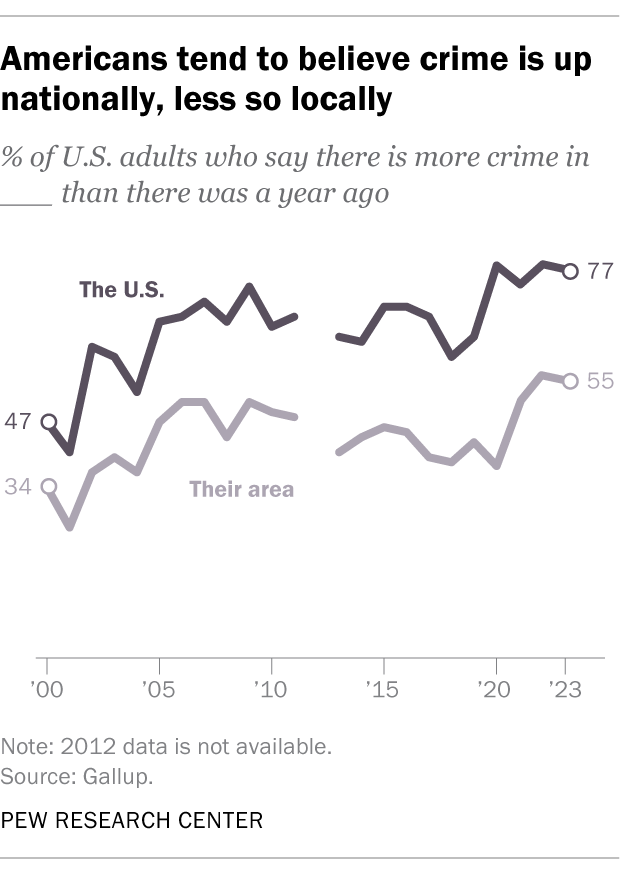![]() It's true, you can access most COM Library resources at home! COM Library’s catalog, and the thousands of eBooks and articles in our databases can all be accessed off campus. Just login with your COM account for off campus access.
It's true, you can access most COM Library resources at home! COM Library’s catalog, and the thousands of eBooks and articles in our databases can all be accessed off campus. Just login with your COM account for off campus access.
 Criminology is the study of crime, society's response to it, and its prevention, including examination of the environmental, hereditary, or psychological causes of crime, modes of criminal investigation and conviction, and the efficacy of punishment or correction (see prison) as compared with forms of treatment or rehabilitation. Although it is generally considered a subdivision of sociology, criminology also draws on the findings of psychology, economics, and other disciplines that investigate humans and their environment.
Criminology is the study of crime, society's response to it, and its prevention, including examination of the environmental, hereditary, or psychological causes of crime, modes of criminal investigation and conviction, and the efficacy of punishment or correction (see prison) as compared with forms of treatment or rehabilitation. Although it is generally considered a subdivision of sociology, criminology also draws on the findings of psychology, economics, and other disciplines that investigate humans and their environment.
In examining the evolution and definition of crime, criminology often aims to remove from this category acts that no longer conflict with society's norms and acts that violate the norms without imperiling society, although decriminalization of certain acts may be accompanied by attempts to enforce codes of morality (as, for example, in the response to pornography). Criminologists are nearly unanimous in advocating that acts involving the consumption of narcotics or alcohol, as well as nonstandard but consensual sexual acts (known among criminologists as crimes without victims) be removed from the category of crime. In dealing with crime in general, the emphasis has gradually shifted from punishment to rehabilitation. Criminologists have worked to increase the use of probation and parole, psychiatric treatment, education in prison, and betterment of social conditions.
Many criminologists regard crime as one among several forms of deviance, about which there are conflicting theories. Some consider crime a type of anomic behavior; others characterize it as a more conscious response to social conditions, to stress, to the breakdown in law enforcement or social order, and to the labeling of certain behavior as deviant. Since cultures vary in organization and values, what is considered criminal may also vary, although most societies have restrictive laws or customs.
Hereditary physical and psychological traits are today generally ruled out as independent causes of crime, but psychological states are believed to determine an individual's reaction to potent environmental influences. Some criminologists assert that certain offenders are born into environments (such as extreme poverty or discriminated-against minority groups) that tend to generate criminal behavior. Others argue that since only some persons succumb to these influences, additional stimuli must be at work. One widely accepted theory is Edwin Sutherland's concept of differential association, which argues that criminal behavior is learned in small groups. Psychiatry generally considers crime to result from emotional disorders, often stemming from childhood experience. The criminal symbolically enacts a repressed wish, or desire, and crimes such as arson or theft that result from pyromania or kleptomania are specific expressions of personality disorders; therefore, crime prevention and the cure of offenders are matters of treatment rather than coercion.
Crime rates, although often blurred by the political or social agenda of those recording and reporting them, tend to fluctuate with social trends, rising in times of depression, after wars, and in other periods of disorganization. Particular types of crime may be prevalent in response to specific conditions. In the United States organized crime became significant during prohibition. Within cities, poverty areas have the highest rates of reported crime, especially among young people (see juvenile delinquency).
One major category that was relatively ignored until recent decades is that of white-collar crime, i.e., property crimes committed by people of relatively high social status in the course of their professional or business careers. The President's Commission on Law Enforcement and Administration of Justice in 1967 concluded that about three times as much property is stolen by white-collar criminals as by other criminals outside organized crime.
© 2024 COM Library
1200 Amburn Road, Texas City, Texas 77591
409-933-8448 . FAX 409-933-8030
This work is licensed under a Creative Commons Attribution-NonCommercial 4.0 International License